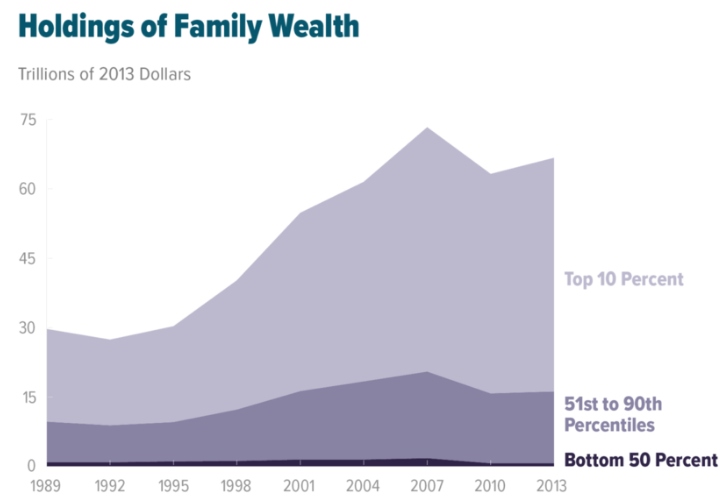TL;DR - Guy is someone we ought to remember. He's a Percy descendant and has a whole lot of American cousins. William of William & Mary invaded England on Guy Fawkes' day.
---
Guy Fawkes ought to get more attention in the US, in terms of personal history. There is a mask that has become a 'meme' the past couple of decades (perhaps, longer). But Guy was an underling, yet he takes most of the heat.
What about the other families? Percy? Many in the US are descendants of the same ancestor as was Thomas Percy. And, the leader? Catesby? Robert Catesby had a very illustrious set of ancestors that some Americans would die for. We haven't looked at the other parties, yet.
Also, this seems to be familiar with current events, albeit the cloud/web has completely changed how people interact and respond to different circumstance. Mind you, this event (see November 5) was not long after Henry III's modifications of the landscapes, physical, mental and otherwise.
Usually, we were looking at cousins via Gateway families which number into the hundreds. When one looks at the broad sweep of ancestors that far back, it's a huge set. Hence, we see those books that look at great-grandparent ballooning in size, when one starts to track the collateral families, as well.
So, history and genealogy do go together. In the past, this was harder to map out than we see now with the computationally framed tools.
The idea is not to focus on rebellion (see Conflicts/Changes - English focus) and such, rather to broaden the scope. Take Christopher Gardner (the one with the Sir before his name; he's mentioned in several posts). It took a long while to sort out his life (our notes, to be published). Today, we saw that WikiTree has some more information that needs to be considered and assimilated. Then, we have Nathaniel Eaton castigated by Harvardites, many of whom are not even American. Again, this tale has more to it than the official record.
That's one of the things to bring out. Journalism as the sole mode of truth? Come on. They're as much motivated by money (and other factors) as others. We really need the free internet (used with some wisdom, of course). Hence, again, the technology thrust that we are taking.
Remarks: Modified: 11/05/2022
01/31/2021 -- So, there is the whole host of American cousins, to boot.
02/15/2021 -- When William (of William and Mary) invaded England, he came on Guy Fawkes Day in 1688.
02/27/2021 -- Added the TL;DR line.
11/05/2022 -- Motivated for a post (Guy Fawkes Day) by a post by the "250 Years America's Founding" FB group.









